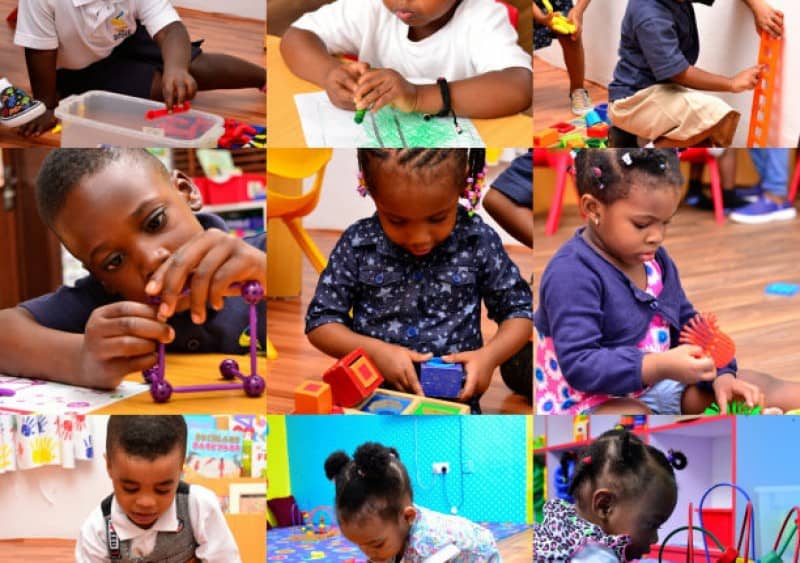
In the vibrant tapestry of Nigerian family life, fostering independence in children is a key thread that weaves resilience, confidence, and responsibility. As parents, our role extends beyond providing love and support; it involves empowering our youngsters to take age-appropriate steps toward independence. Here’s a simple guide tailored for Nigerian parents, making the journey of cultivating self-reliance both understandable and enjoyable.
- Start Small, Dream Big:
Begin by assigning simple tasks that match your child’s age and abilities. For instance, a young child can tidy up their toys or set the table. As they grow, gradually introduce responsibilities like making their bed or helping with basic kitchen chores. This not only builds a sense of accomplishment but also sets the stage for more significant responsibilities in the future.

- The Power of Routine:
Establishing a routine provides structure and predictability, crucial for a child’s development. Create a daily schedule that includes designated times for homework, play, and chores. In Nigeria, incorporating cultural elements into routine activities can make it more engaging. For example, involve your child in traditional cooking methods or storytelling sessions during bedtime.
- Teach Financial Literacy Early:
Money management is a vital skill for independence. Introduce the concept of saving and spending wisely by giving your child a small allowance. Encourage them to set aside a portion for savings, promoting financial responsibility from a young age. In Nigeria, this can be tied to traditional practices like saving for special celebrations or cultural events.

- Communication is Key:
Open and honest communication forms the foundation of a trusting parent-child relationship. Discuss the reasons behind tasks and responsibilities, emphasizing their importance. In a Nigerian context, storytelling is an excellent way to convey values and lessons. Share anecdotes from your own experiences, blending them with Nigerian folklore and wisdom.
- Celebrate Achievements:
Acknowledge and celebrate your child’s milestones, no matter how small. This positive reinforcement fosters a sense of pride and motivates them to take on more responsibilities. Consider incorporating Nigerian celebrations and traditions into these moments, reinforcing the richness of our cultural heritage.

By embracing these simple yet impactful strategies, Nigerian parents can pave the way for their children to blossom into independent and responsible individuals, ready to contribute meaningfully to family, community, and society at large. After all, fostering independence is not just a parenting strategy; it’s an investment in a brighter, more empowered future for our children.